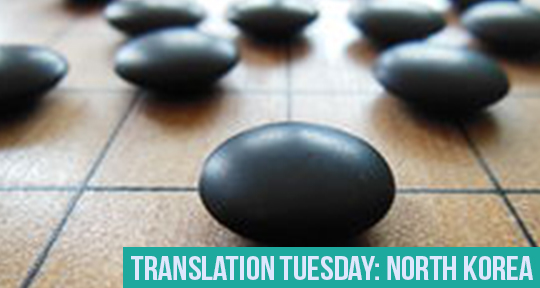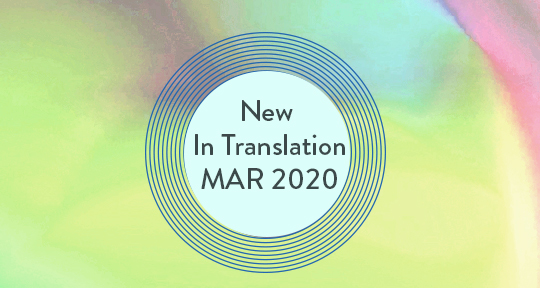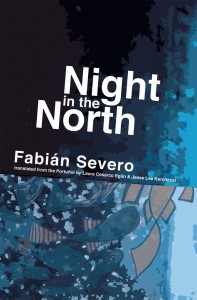This week, our Editors-at-Large take us to bi-national experimental poetry festivals and a community for children’s literature. From prize-winning novels to poetry that spans genres and mediums, read on to find out more!
Alan Mendoza Sosa, Editor-at-Large, reporting from Mexico
On Monday, January 15, Mexican poet Rocío Cerón launched the online series of panels “Diálogos Bifrontes” (Bifrontal Dialogues), alongside digital artist and poet Carlos Ramírez Kobra. Their conversation was the first of several upcoming chats about experimental, transmedial, and expanded poetry, a genre of literature that combines sounds, performance, and visual elements with poetic writing. They talked about how the transformation of poetry into different artistic and sonic registers entails a process of thinking, reflection, and attention that dissolves traditional boundaries between genre, media, and performance. They also reflected on their creative processes, highlighting how their works consist of — paraphrasing Cerón — an infinite codifying and re-codifying of language and symbols.
These Dialogues complement last year’s special, celebratory 13th anniversary edition of Enclave, an annual festival of expanded poetry founded by Cerón, which ran between November 23 and 25. As a bi-national event, Enclave 2023 was co-sponsored by several Mexican cultural institutions and the Goldsmiths University of London, and co-curated by Cerón and the German-British sound artist Iris Garrelfs. It invited collaborations between Mexican and British artists and poets exploring intersections between poetry, sound, music, and visual art.
Diálogos Bifrontes builds on Enclave’s mission of bringing together poets, artists, and musicians. Like the festival itself, the series will feature conversations by cutting-edge poets from Mexico and the U.K. who are redefining what poetry can mean. READ MORE…





